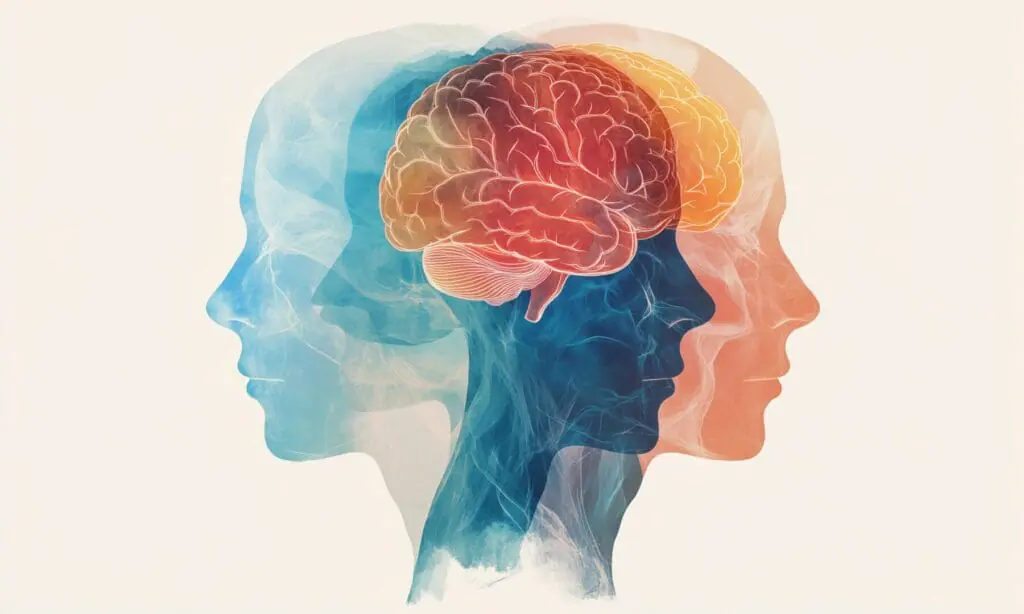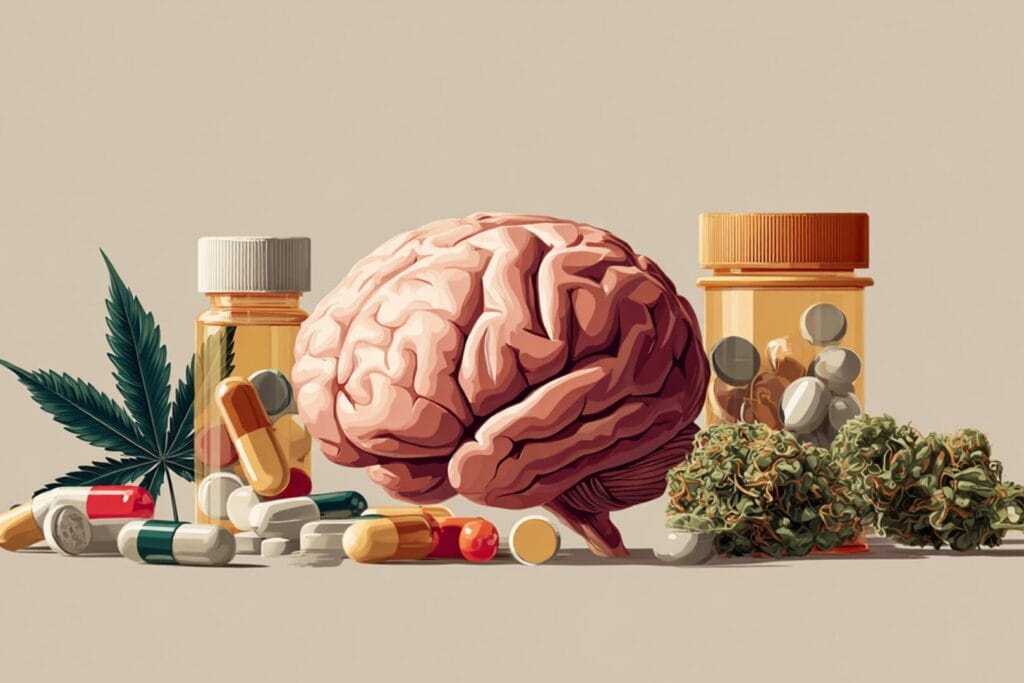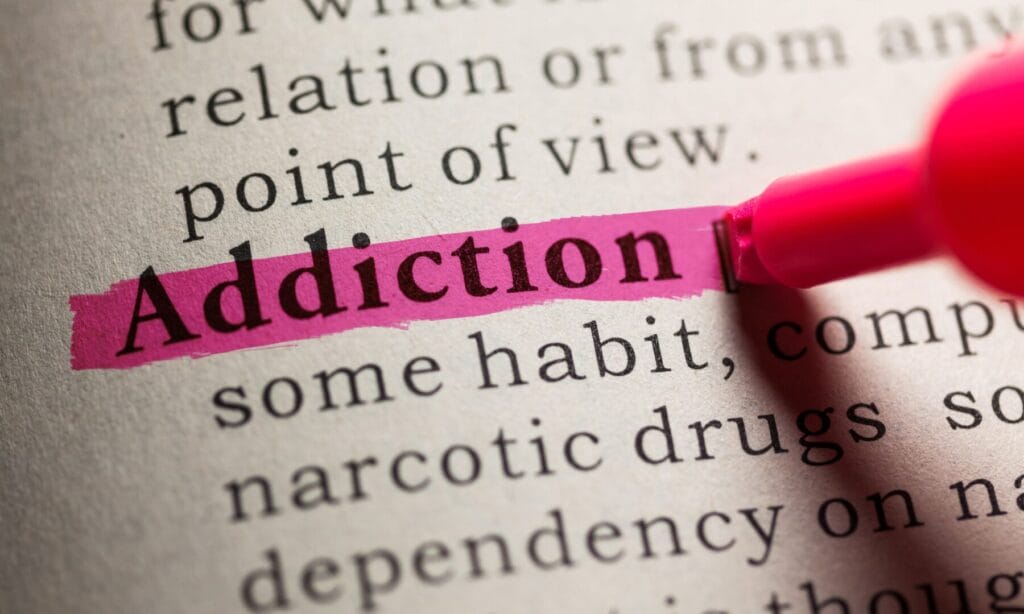Feeling anxious and reaching for a drink, numbing depression with pain pills, or staying awake after a nightmare by using stimulants—when mental-health symptoms and substance use twist together, neither issue remains in its own lane.
This overlap is known as dual diagnosis, and it requires a comprehensive plan that addresses both the mind and body simultaneously. San Diego Detox is built for exactly that moment.
The campus combines 24/7 medical detox, on-site psychiatry, private suites, and holistic comforts like chef-prepared meals and yoga, so you can address anxiety, depression, or PTSD without pausing addiction care or vice versa. In a discreet setting, treatment providers simultaneously address both problems, transforming a daunting first step into a safer and more dignified beginning.
What “Dual Diagnosis” Really Means
A dual diagnosis (or co-occurring disorder) exists when someone meets criteria for both a mental health condition and a substance use disorder at the same time. It is far more common than most people realize.
Federal data show about 21.5 million U.S. adults live with this overlap, and national surveys repeatedly find that roughly one in two people who experience a mental illness during their lives will also battle addiction, and vice versa.
Treating only half of the problem rarely works: unmanaged depression can spark relapse into drinking; untreated opioid withdrawal can worsen anxiety; and using meth to push away PTSD nightmares simply deepens both disorders.
Long-term recovery rates climb when care teams address mood, thought patterns, and cravings together through integrated medication, therapy, and relapse prevention planning.
How Mental Health and Addiction Feed Each Other
Think of your brain’s mood-and-reward wiring as a bundle of messy earbuds. Alcohol or opioids flood the brain, tangle with feel-good chemicals, giving quick relief from stress or sadness, but the surge also turns down your natural “happy” volume, so the next low feels even lower without another hit.
Trauma-related hyper-arousal can drive stimulant use to stay hyper-vigilant, while depressive lethargy might invite sedatives for escape. Over time, this self-medication loop rewires the nervous system, intensifying cravings and emotional swings.
The fallout extends beyond biology: missed workdays, strained relationships, and legal or financial crises add new layers of stress that fuel further use.
Recognizing dual diagnosis as a medical condition, not a moral failing, breaks stigma and opens the door to evidence-based help: supervised detox that prevents dangerous withdrawals, psychiatric evaluation to balance brain chemistry, and therapies that teach coping skills healthier than any substance.
Integrated care doesn’t just treat two problems; it repairs the feedback loop that binds them.
San Diego Detox’s Integrated Model
Everything you need for a strong start happens on one serene campus. San Diego Detox begins with physician-led medical detox, then guides you directly into residential care, eliminating the need for hotel shuttles or off-site referrals.
Board-certified psychiatrists adjust medications while therapists launch evidence-based groups, so mental health and addiction goals move forward together.
Holistic options, ranging from yoga flows to chef-crafted nutrition plans, complement the schedule, providing equal attention to both mind and body under one roof. It’s a seamless, door-to-door approach that saves energy for healing instead of logistics.
24/7 Medical Detox with Psychiatric Oversight
Detoxification begins the moment you arrive: nurses check your vitals, run laboratory tests, and relay the findings to an on-site physician who tailors a taper or comfort medication protocol. Because many clients battle anxiety, depression, or trauma alongside withdrawal, psychiatric staff screen for suicide risk and adjust mood-stabilizing or anti-craving meds right away.
Around-the-clock monitoring means tremors, spikes in blood pressure, or hallucinations are handled before they escalate, making the first days safer and far less frightening.
Residential Program with Evidence-Based Therapies
Once medically stable, you’ll move a few steps down the hall to a private suite. Days mix CBT, DBT, and trauma counseling with small-group sessions that practice relapse prevention skills in real time.
Evening chef-prepared meals and optional gender-responsive groups help protect dignity and comfort while addressing the root causes of use.
By combining solid science with everyday comforts, the residential program transforms therapy into something you’ll look forward to, not just endure.
Holistic Services for Mind-Body Healing
Recovery at San Diego Detox includes practical ways to support your physical and emotional health. Daily activities, such as yoga, guided meditation, and walks around the property, help reduce stress and improve focus. Clients can also take advantage of nearby nature trails and quiet outdoor spaces to reset between sessions.
Meals are prepared by on-site chefs and built around fresh produce, lean proteins, and hydration, all of which support brain function and mood stability. These services work in conjunction with medical care to help you feel steadier and clearer-headed during the early stages of recovery.
Common Dual-Diagnosis Pairings
Anxiety & Alcohol – When thoughts won’t slow down, a glass of wine can feel like an “off” switch. Soon, one drink turns into three just to get through social events or sleep. Over time, the brain needs alcohol to reach baseline, which ramps up anxiety between drinks and sets the stage for shaky, irritable mornings.
Depression & Opioids – Painkillers don’t just dull physical aches; they can cloud emotional ones, too. Someone battling a low mood may start taking extra pills for the warmth and calm they provide. Tolerance then demands higher doses, and the next thing you know, afternoon drowsiness, slowed breathing, and mounting apathy keep life on pause. Stopping abruptly can trigger flu-like withdrawal and an even deeper crash in mood.
PTSD & Stimulants – Trauma survivors often fight hyper-vigilance and sleepless nights. Amphetamines or high-dose caffeine promise alertness and temporary control, but they also spike heart rate, worsen nightmares, and feed paranoia. Exhaustion follows the crash, leading to a cycle of stimulants during the day and sedatives at night.
When to seek help – Any substance used to manage emotions rather than enhance life is a red flag. Look for escalating doses, combining substances, missed work, or mounting secrecy. If mental health symptoms intensify or withdrawal symptoms appear, professional integrated care can prevent a dangerous spiral.
Tailoring Treatment Plans at San Diego Detox
No two recovery journeys match, so every admission at San Diego Detox starts with a full medical and psychiatric assessment. Treatment providers map substance history, mental health diagnoses, medications, and support systems before drafting a plan.
Medication-Assisted Treatment (MAT) is offered when it can ease cravings or stabilize mood, with doses adjusted daily by on-site physicians.
Gender-responsive groups create safe spaces to discuss trauma, body image, or parenting pressures, while family sessions invite loved ones to learn healthy boundaries and relapse prevention tools.
From Admission to Aftercare: Your Roadmap
Help is one phone call away. The admissions team is available 24/7, verifies insurance in real-time, and can arrange for same-day arrival to the campus.
After medical detox and residential care, staff coordinate a smooth hand-off to trusted PHP or IOP partners locally or close to home, so progress never stalls.
Graduates stay connected through a private alumni network, weekly check-ins, and referrals to sober-living homes that reinforce new routines. Whether you need a ride from the airport, a letter for your employer, or a list of local recovery meetings, San Diego Detox provides ongoing support from day one through long-term healing.
Helping a Loved One Seek Integrated Care
Pick a calm, private moment and lead with concern, not blame: “I’ve noticed you’re drinking to sleep and still feel exhausted—are you okay?” Focus on specific behaviors and feelings rather than labels. Offer practical help right away: gather their insurance card, list their current medications (including supplements), and note any recent hospital or therapy visits.
Then, call San Diego Detox at 619-655-3328 to speak with an admissions nurse who can outline detox and mental health options in one conversation. Small, organized steps show compassion and remove logistical hurdles that often stall treatment.
Your Next Step
If anxiety, depression, or past trauma have tangled with substance use, you don’t have to sort it out alone. A confidential chat with the team at San Diego Detox can clarify insurance details, explain medication-assisted treatment, and even arrange for a same-day arrival.
Call 619-655-3328 or contact us online to explore the program, ask about private suites, or schedule a virtual tour. One friendly conversation can set both mind and body on a shared path to healing, because integrated care works best when it starts now.







